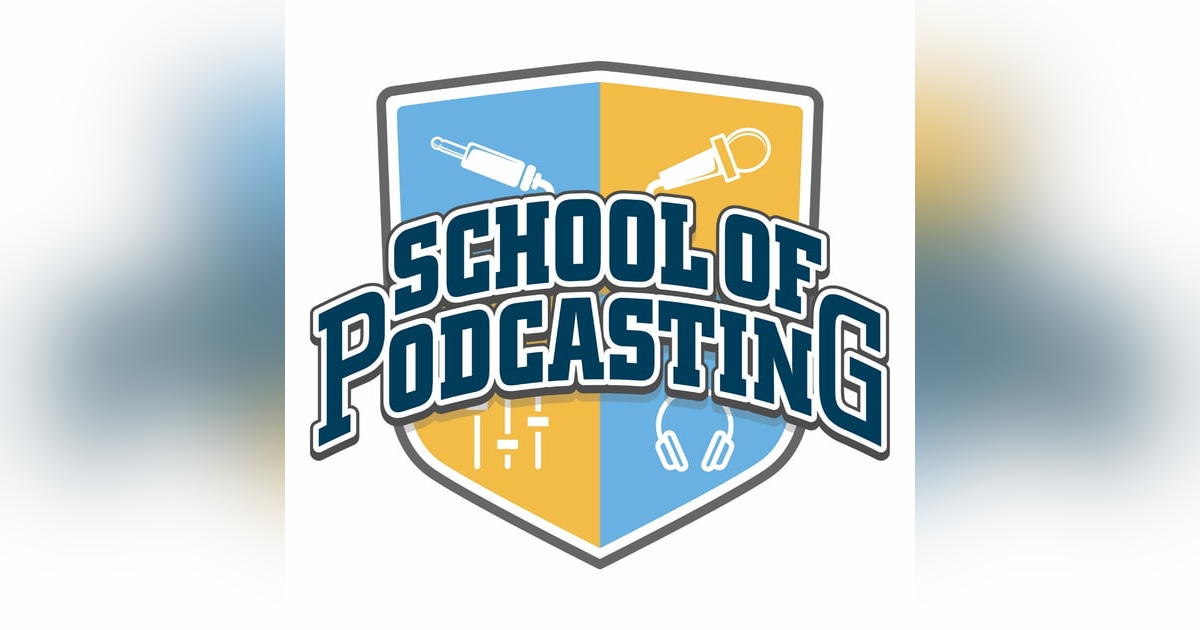July 16, 2011
Finding Time To Podcast

A brief summary of this episode
Cookie Consent
We use cookies to enhance your browsing experience, serve personalized content, and analyze our traffic. By clicking "Accept All", you consent to our use of cookies.Learn more
Manage your cookie preferences. You can enable or disable different types of cookies below.
In this episode, I circle back to a classic question: What do you wish you’d known when you started your podcast that you know now? This is a question I’ve asked in the past (shout-out to episode 768 back in 2021!), and while...
If you want a podcast launch checklist I have one available here . This show is intended for beginners to podcasting. If you already have one, this may be one to skip (or you will hear things you should've thought about but d...